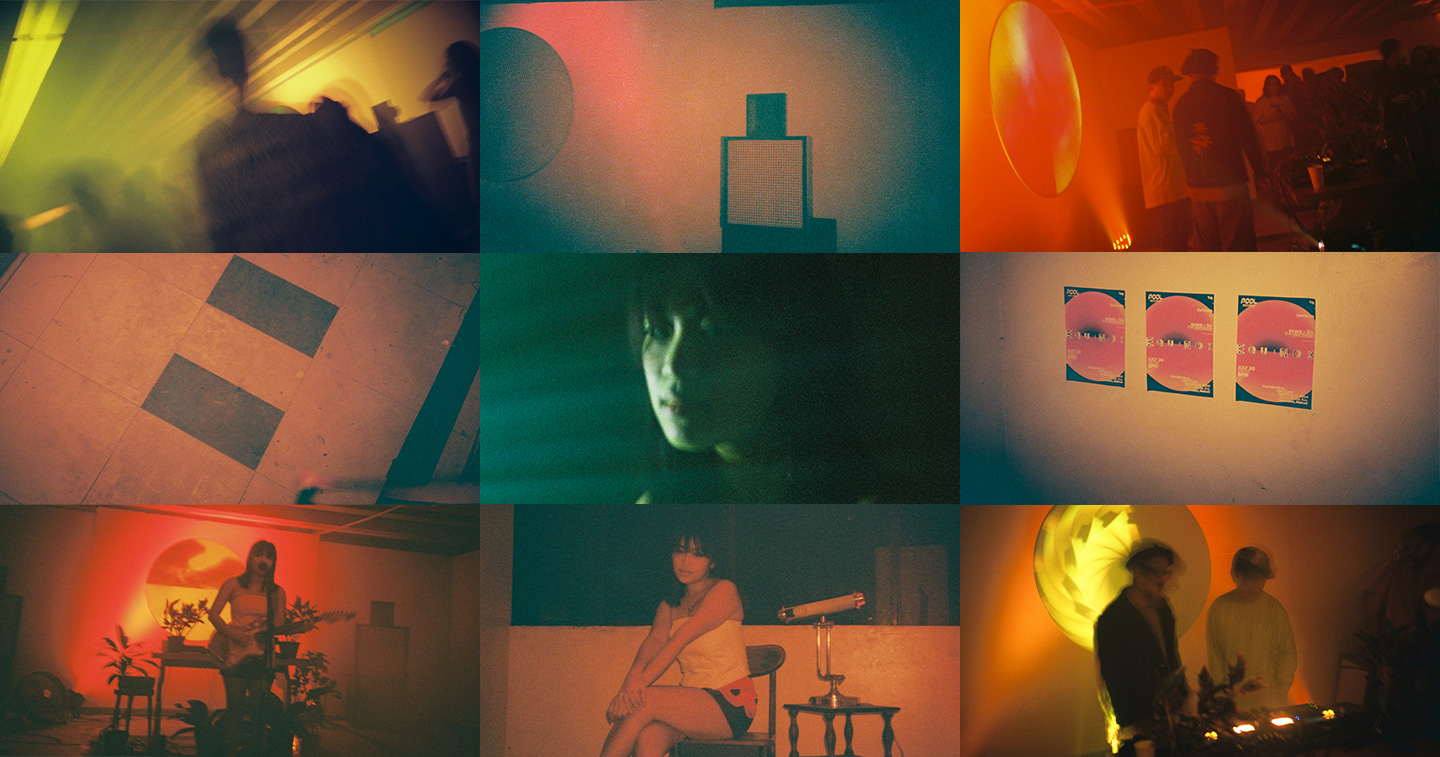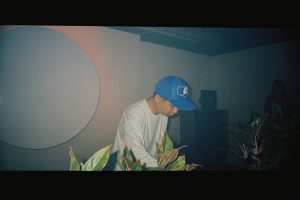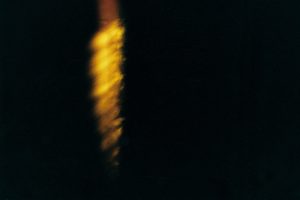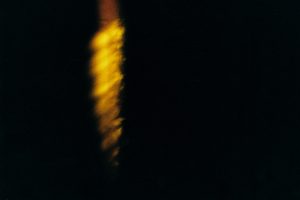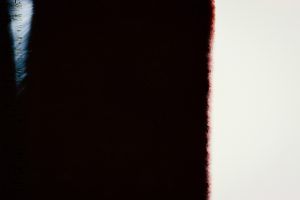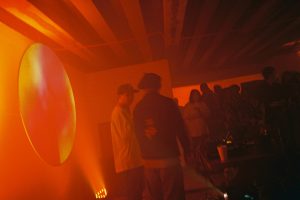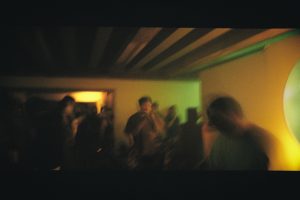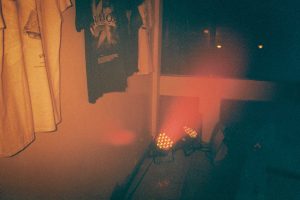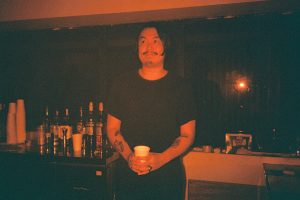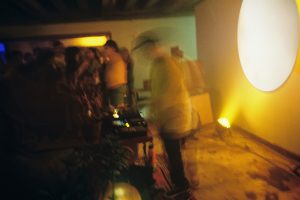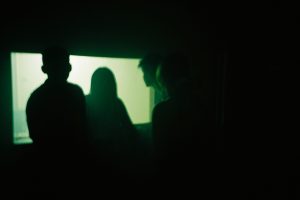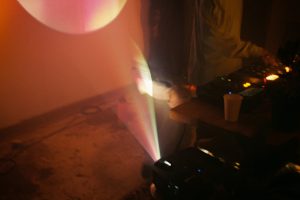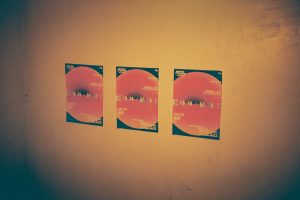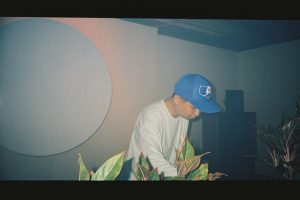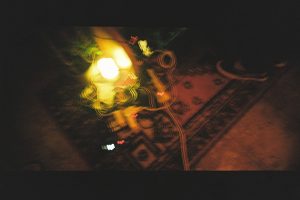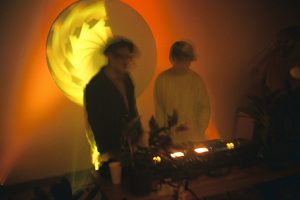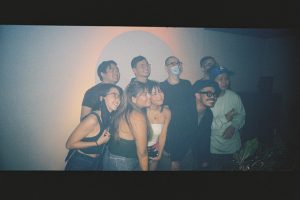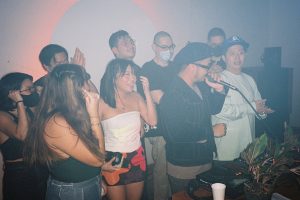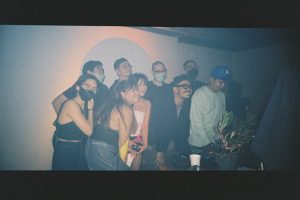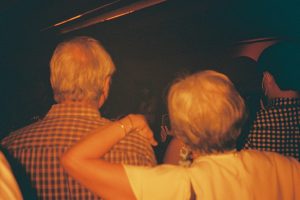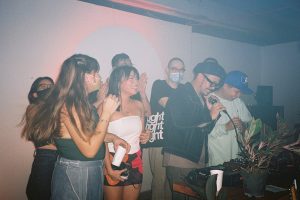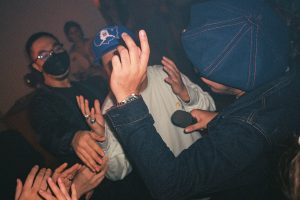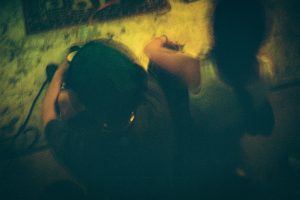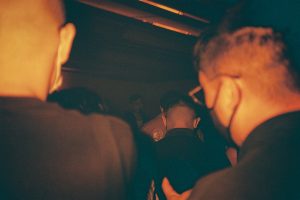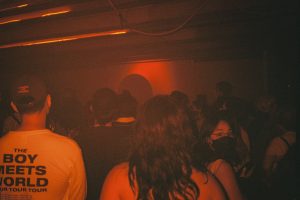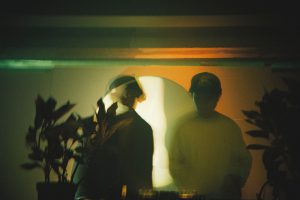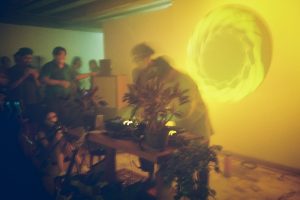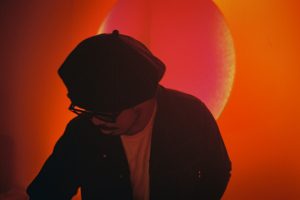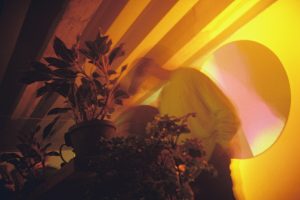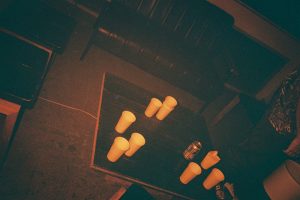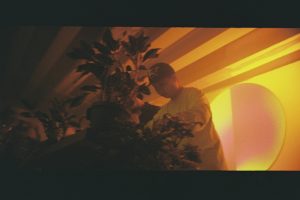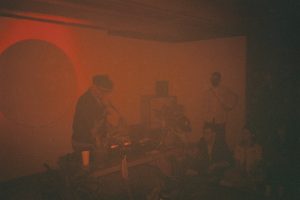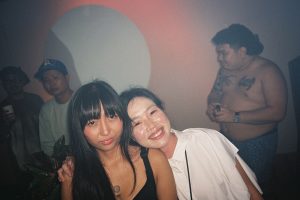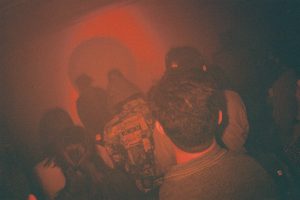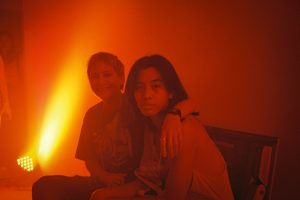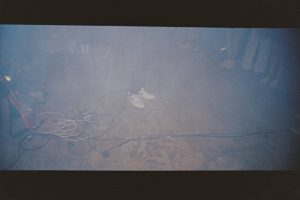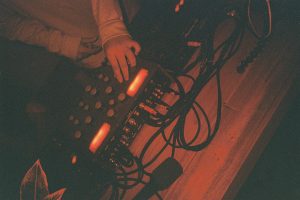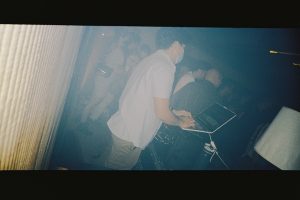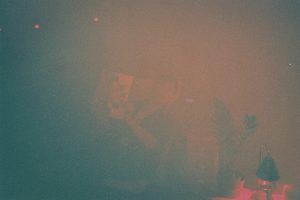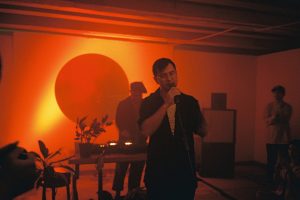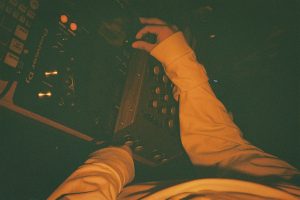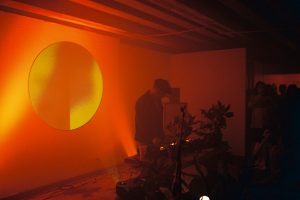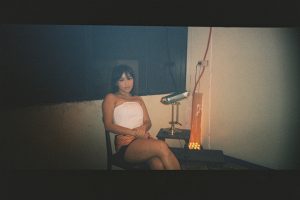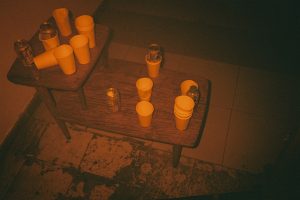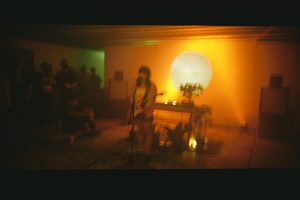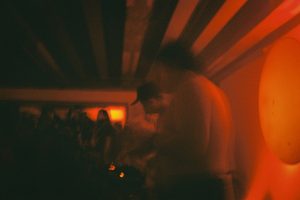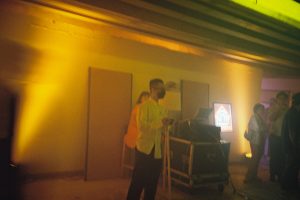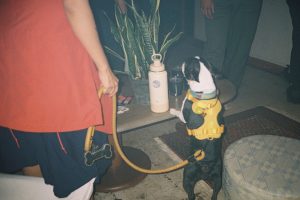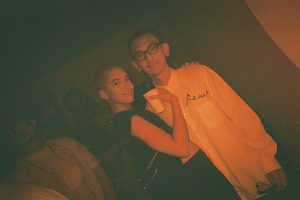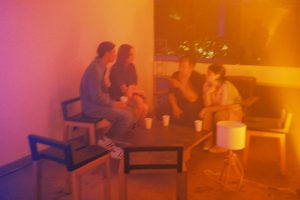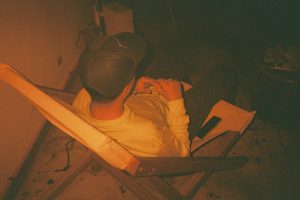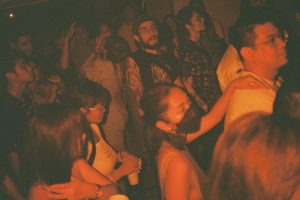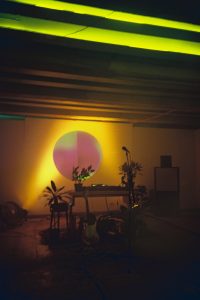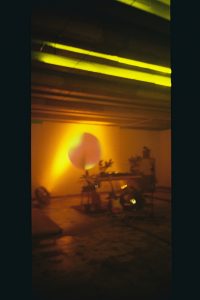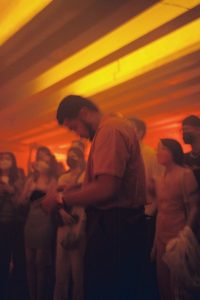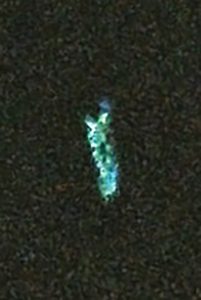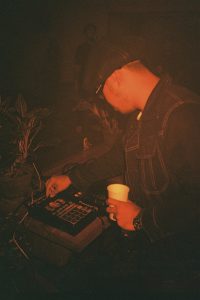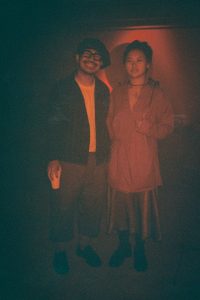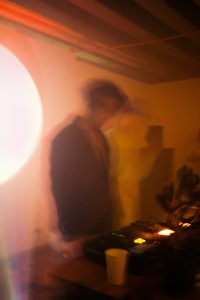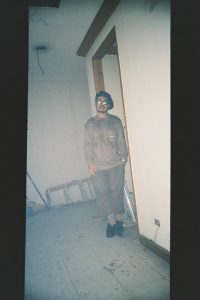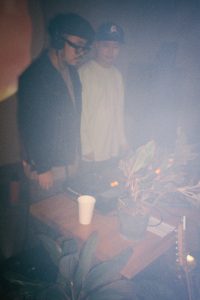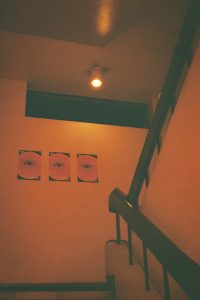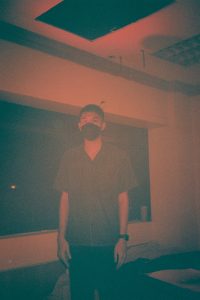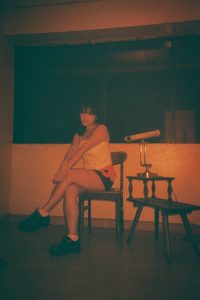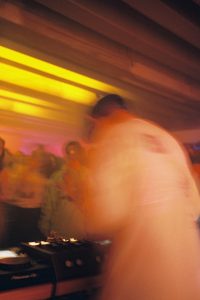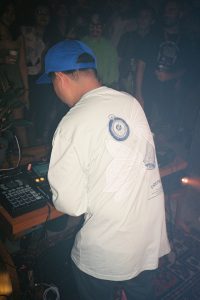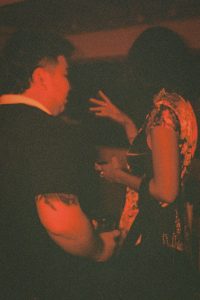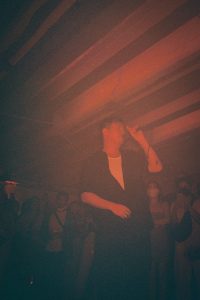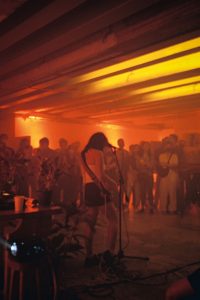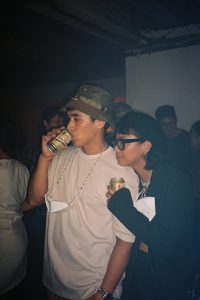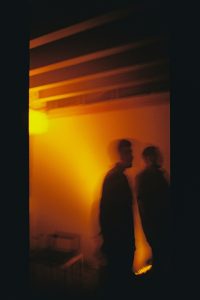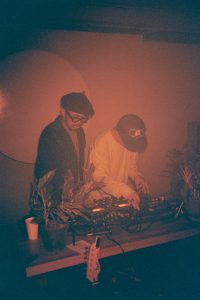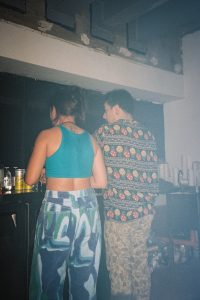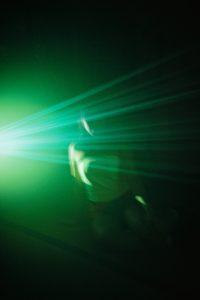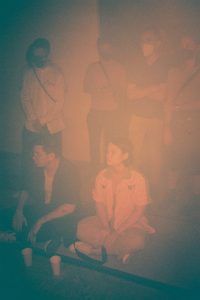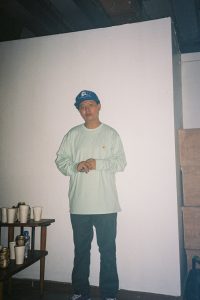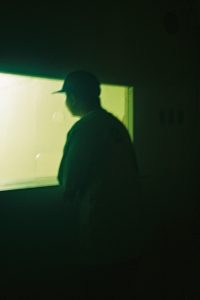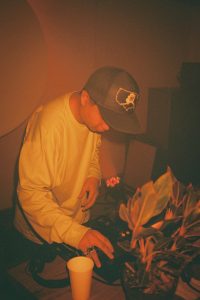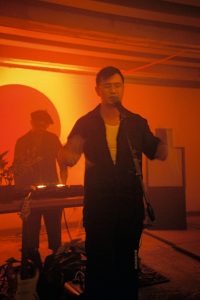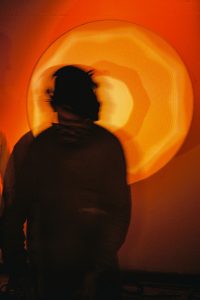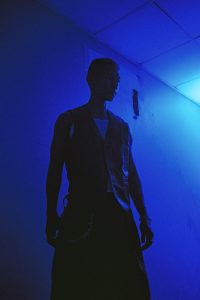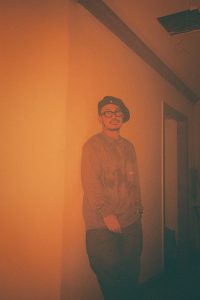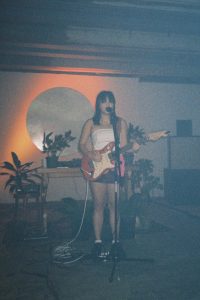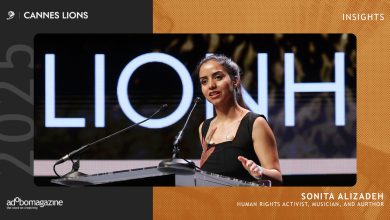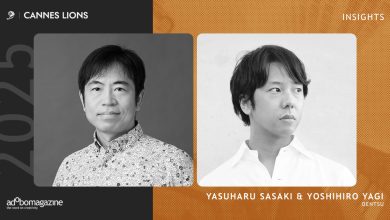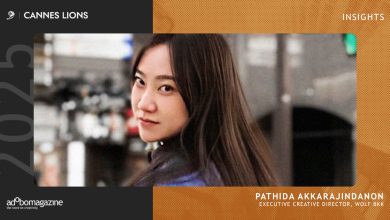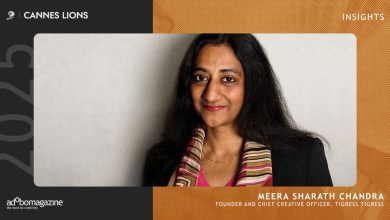MANILA, PHILIPPINES — With restrictions loosening up in the past year, more and more live music events are happening again, and gig culture is starting to regain the traction it had before the pandemic. With that is the opportunity to bring something new to not only mix up the music scene but also highlight what music has always been about: connection and community. And that’s exactly what Pool Records is here to do.
Pool Records is a brand new record label aiming to go beyond music production. Instead, they’ve got their sights on something even bigger: creating music and shows that cultivate a bridge between the artist and the audience. From guiding its artists throughout their creative journey and branding to producing events that reframe what it means to truly experience the craft of the performers, Pool Records comes with a fresh take that the industry needs.
The record label started as a vision to help artists realize the stories and parts of themselves that they want to convey through their music. From its humble beginnings back in 2018, just after the launch of Orchid, the album of co-founder King Puentespina, better known as crwn, it has now become the record label that the team behind Pool first envisioned.
In this exclusive interview, co-founders King Puentespina and Ada Laud sat down with adobo Magazine to talk about launching the label with King and Six the Northstar‘s collab album Equinox, what it means to elevate the live music experience, and why they’re putting artists’ growth and wellness at the center of their ethos.
adobo: Pool Records stands out because the label is really about creating these tangible music experiences that close the gap between the artist and the audience. Can you give us more insight into what these experiences entail — whether it’s in terms of the music events or the behind-the-scenes aspects — and how they bridge that gap?
Ada: Other than the actual events that we put together for the artists — that being Equinox and also Museo which we worked on with Curtismith in 2021 — we always try to kind of think of new ways to experience music and think of it from an angle that kind of has to trigger a delightful moment for the artists. It’s going to be a special moment for them. We want them to be able to express their music creatively and in ways and experiences that are a bit more out-of-the-box. That’s something we wanted to play around with. How do we challenge doing gigs and shows? How can we make it more of a unique experience in a way that really resonates with how the artists intended the music to be experienced? I think that was a good start for us to be more intentional with how we put together these shows.
But also, from an artist’s perspective, we didn’t want to make a cookie-cutter mold of promoting the artists or of their experience in creating music, how they feel like they can share it with the world, and their long-term goals as artists. I think it’s important to take into account the wellness of the artists in order to help them grow in the direction that they actually want to be in. At times, that is very different. It’s different for King as crwn, it’s different for Curtismith as a rapper and musician, and it’s going to be different with the other artists that we bring on board to the team in the future.
That really aligns with how Pool Records aims to transcend what a record label is usually expected to do. You’re really checking in on the artists’ wellness, growth, and specific creative path and process. What are some ways or systems that you have in place to ensure that you’re molding this unique experience and helping them mold this creative path specific for them?
Ada: I think that manifests through our artist strategy. We try to sit down and kind of understand this artist as a brand. I guess it’s where my personal experience in branding kind of comes in. I try to integrate the brand strategy process into the artists because it’s always good to see how we can kind of use the systems that are already in place for other spaces and apply it in the music industry or apply it with artists so that they can feel like we’re thinking about the long term.
But we also want to leave spaces for them to create and put together the music that they want to and not feel like they’re being controlled or like everything is plotted out for them from the first release to touring. We want that guided trip to be there for the artists to be able to make those plans [while also leaving] spaces for expression and exploration of their sound and their goals.
Pool Records has really emphasized how important it is that artists forge a bond with their music and have an understanding of their creative process and what kind of music they want to create. Why do you think it’s important for them to establish and understand those things before they put their music out publicly?
King: I think that when artists release music, it’s not enough that the music is good. Sometimes artists don’t really get to actually share the story, have a story, or have a motif when they start the project. So, with Museo or with Equinox, I always asked Six the Northstar and Curtismith, “What do we want this album to be about?” or “what’s the story going to be?” Because it can’t all be about the rap. The rap and the beats, they’re always going to be present. But what do we want to say? What’s the what makes it stand out?
Is that something that you learned from your own music career?
King: Yeah, definitely. I think it started with Orchid, really. I think it stemmed from Orchid. The fact that there was Orchid as the main motif kind of helped me finish the project and not just put out beats or something. It tied everything together. I kind of want that intention put into all the projects Pool has in the future.
Like you mentioned, along with the record label launch was the launch of Equinox, the collaborative album with Six. Can you tell us more about how your experience being in La Union has inspired and influenced this record?
King: I think Equinox was like the most obvious [in terms of choosing a theme]. The music revolved around the sun. It was a sort of a ritual in La Union to go out and experience a sunset with your friends or on your own. Six and I leaned on that because it was the most obvious thing that also connected everything together. And when I told Pool about it, everyone was on board because, visually, natahi na siya with the music.
How has staying at La Union affected your creative process? Not just in terms of Equinox but in general?
King: Oh, there’s so much input inspiration-wise and the community as a whole. There are a lot of artists in La Union that you can bounce ideas off of. And Emerging Islands is there too. The artists that come in through Emerging Islands, I get to interact with them, share ideas, throw ideas around, and experience their art too, and that’s really great. But I missed the chaos [of Manila].
What was it like collaborating on this album? How did your and Six the Northstar’s creative processes shape the final product?
King: The style we work in when we were making music, is completely different. Thus [the name] Equinox, which is the balance between night and day. We worked on it super fast, faster than I ever work on things, and we finished about 80% of it in a week. And that’s mind-blowing for me because I’m really picky and I think I overthink a lot, and Six doesn’t overthink. Six being in the studio really helped me.
Like the prompt was “If it sounds good, then it’s good.” And then we leave it as is and don’t touch it. Whatever we make, that’s it. And I love that because I never really work like that when I’m making music.
All these things that make Pool Records stand out — the focus on artist growth and wellness, the spin on live music events, the bridge between artists and audience — are all these things that you guys want to see become more of a norm in the local music scene beyond your label?
King: We want to harness it first and really make that signature Pool Records event. [The label] kind of stemmed from watching gigs with primarily 10 acts for PHP 200 that comes with like a free beer, and you don’t really get to experience the artist. I think it really stemmed from that. Shows weren’t being well thought of.
Everyone just kept on dumping anyone [onto the lineup] and did not really think of the experience for the audience. And we’re still working on it, I think, but we have an idea of where we want it to go.
Ada: I think it’s cool also to see, since the pandemic, how gigs have kind of shifted. You see shows that have a few artists that really get to highlight their shows and they can explore more production-wise with what they can do and things like that. As long as the artists feel like they’re in a good space to kind of express their music there, I think it’s good. But as King said, we haven’t even scratched the surface yet of what we can do in terms of music experience, so we’re planning a lot more things and we’re excited to kind of bring our ideas to life in the next few months.
Since you guys want to veer away from like this cookie-cutter type of artist, what are you looking for when you’re looking for artists to work with? Is it talent first and foremost or are you also thinking about what they bring in that’s different or unique?
King: Great question. When I look for artists online or I see them in shows, I have a sense already of where they want to go. Talent is definitely a factor and how they carry themselves. If they want to do [music] for real, if they want to make music their career, I’m all for that. I don’t really vibe with artists who just want to try music. I want someone who’s serious.
Do you think that among all these talented artists, there’s always going to be something unique to bring out no matter how similar they may seem at the start?
King: For sure. I think as an artist grows, they can definitely explore parts of themselves and the stories that they want to share. That’s what’s going to set them apart.
What are some things that people can look forward to from Pool Records in the near future? And what are you guys most excited about accomplishing or experiencing in this first year as a label?
King: I’m excited to have more events. Well-thought-out events with intention. You know how parties are happening all over Manila again [and it’s all] the same thing? We don’t want that. And the artists we have, like Curtismith and Six, they’re gonna be doing projects this year too. I’m definitely excited about that.
Ada: We’re very happy to kind of just be able to officially launch it after like [four] years of planning and preparing. I’m really excited to work closely with the artists and figure out how they want to kind of grow their music and their artist brand. Sitting down with them, I could already hear different goals. They also have these strengths as individuals that would really help us grow as a team. So, that’s how we want to approach it. We all have different experiences and different perspectives that we’re trying to bring into Pool. It’s going to be really exciting how we can kind of be there for each other and just grow and grow in the next few months.
We’re also officially launching our merch online soon! One of our partners, who isn’t here right now, Parker, he’s our creative director, and that’s like a huge aspect of Pool as well. It’s more of a balance of that visual brand and music all kind of coming together. We did spend a lot of time creating the merch and having fans and the audience be able to bring home the music experience with them.
And, yeah, [I’m excited for] a few more events this year that could be varying in range or even just sharing things we enjoy to build that community more. We all have different interests. We want to play those experiences and interests into how we could be perceived as Pool Records.
To learn more about Pool Records, check out this Instagram.

